Bertrand Jouve: “We encourage research and innovation on global issues by integrating all sciences and non-academics into a cross-disciplinary approach”
Since 2023, the University of Toulouse has been implementing the Toulouse Initiative for Research’s Impact on Society, with 4% of its budget directly dedicated to the development of interactions between all sciences and society.
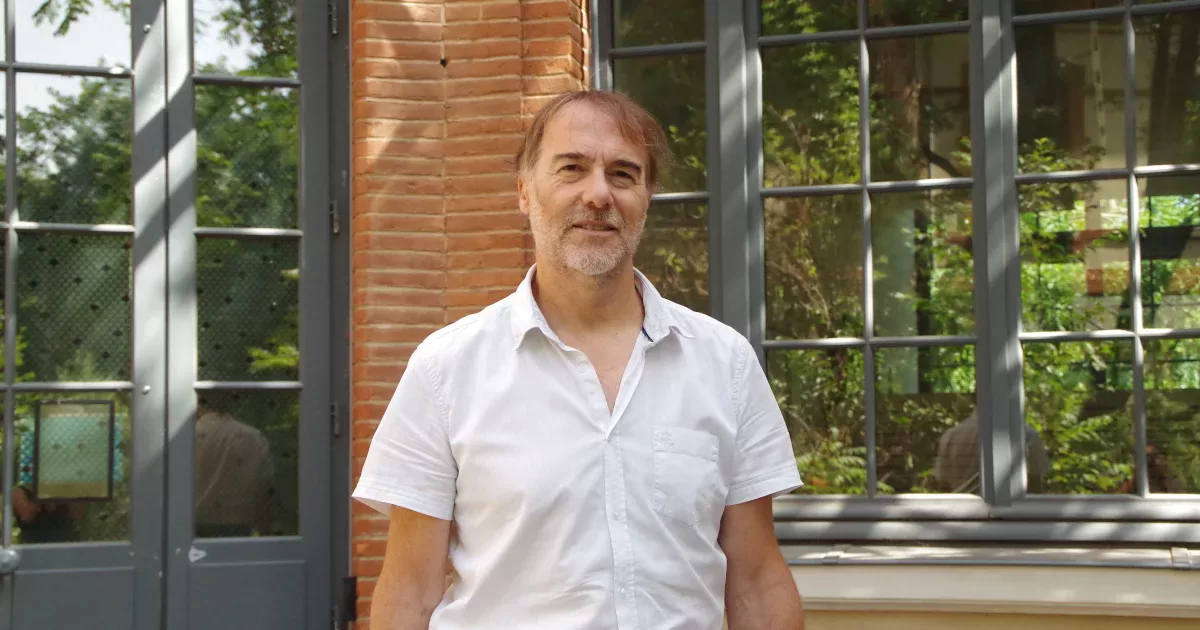
You coordinate the Toulouse Initiative for Research’s Impact on Society (TIRIS) project. Why does it include a program explicitly devoted to co-constructed research?
Bertrand Jouve: TIRIS is one of the 46 projects of excellence in the Investissements d’Avenir program steered by the French Ministry of Higher Education and Research, which started on January 1ᵉʳ 2023, for ten years. Our motto is “Science in and for Society”. Therefore, it makes sense to have a program explicitly dedicated to the interfaces between science and society. The TIRIS project has been built around four programs: research, training, science and society, and innovation. And these programs are developed on three pillars linked to global challenges: health and well-being, global change, and sustainable transitions (energy, mobility, industry, etc.). The science and society program includes a call for co-constructed research projects, as well as a “Science Shop” and an Observatory.
Why are there different programs for science and society and innovation?
B. J.: In TIRIS, and more generally, science and society interaction, where we build with civil society, is separated from innovation, where we build with experts, from the economic and social sectors, local authorities, etc. However, the boundaries are blurred, and we’re working on the links between both.
What actions have you already launched within this science and society program?
B. J.: We have three initiatives. Two are in progress and one is already launched. The latter is a call for transdisciplinary projects, bringing together experts from civil society, extra-academics and academics. There is an “incubator” component: for the first year, 21 projects were submitted, and after selection, we are supporting 8 of them with a maximum of €10,000. These include, for example, a project to improve the reception and linguistic follow-up of migrant teenagers in Toulouse, a program on the transmission and production of knowledge in agroecology, and a project on citizen initiatives in epidemiology. There is also a “consolidation” component: we are supporting 5 of the 14 projects submitted, for a maximum of €40,000 each. These include, for example, a project on the habitability of a territory, bringing together the environmental sciences and the human and social sciences on the issue of pollution; a project on migration, with the Toutes Ensemble! association and the Empalot district social center; a project on youth mobility in ultra-rural territories, shared governance and territorial resilience, with the Observatoire Territorial des Jeunesses et des Politiques Jeunesses of the Lot département.
Will this call for projects be renewed every year?
B. J.: Yes, the next one will be launched mid-December 2024 or early January 2025. Over time, we’ll see if we need to adapt it to changes in the context.
What is the share of this co-research call in the budget of TIRIS?
B. J.: TIRIS is funded with €95 million over 10 years. The co-research program will spend €4 millions over 10 years, including 1,3 million from the Occitanie Region.
So the Occitanie Regional Council considers that co-constructed research is important?
B. J.: Sure. The Occitanie Region also funds the Laboratoire des Transitions, an experimental approach to consultation and intermediation between regional public policy players and researchers in the human and social sciences, for co-constructing public policies around major societal issues. It is run by the Maisons des Sciences de l’Homme in Toulouse and Montpellier.
What are the other initiatives of the TIRIS Science & Society program?
B. J.: We are setting up the Observatoire des Interactions Recherche-Société (Observatory of Research-Society Interactions): we list science and society initiatives, identifying the diversity of interactions, characterizing them, pinpointing the obstacles or levers, etc. The aim is to create links, pool resources and train stakeholders to facilitate the development of these interactions.
All kinds of interactions between research and society, not just co-constructed research, are concerned?
B. J.: Yes, we have carried out a survey using a questionnaire, which is currently being analyzed.
There is also a “Science Shop” project: what is it about?
B. J.: The goal is to connect the academic world with citizen projects. We need to find ways of generating demand from non-academic stakeholders, and then assess the potential for development, in order to put them in touch with researchers who can help develop the idea. Non-academics are often unfamiliar with the academic world, and unable to identify the right partners. The specifications have been drawn up, and the web portal is under development.
What is the budget for this Science Shop?
B. J.: €1.7 million over 10 years. These are operating costs. Projects can then apply for funding under the co-research scheme or seek funding from other sources. It also works the other way round. Six projects that applied to the “incubator” co-research call got a good evaluation, but the link between extra-academic partners and academic partners was too weak: we offered them support via the Science Shop, so that they could eventually apply again, to the “consolidation” section.
What are the needs today to further develop co-constructed research?
B.J.: We’ll have to take care to ensure that the budget keeps pace with the inevitable growth in demand. To get the science and society program off the ground, €4 million over 10 years is enough. But if we are successful and the projects become more ambitious, I am afraid we will be limited in our ability to respond afterwards. The best thing would be to develop sponsorship. Another important issue for us will be to work on coordinating our Science & Society program with our Innovation program, with a particular focus on social innovation.
Interview by Luc Allemand
Innovation must be both technological and social
“As far as innovation is concerned, we want it to be not only technological, but also social. However, in the year and a half since the TIRIS project began, the Innovation program has mainly seen researchers from the so-called “hard” sciences – life sciences, applied sciences, physical sciences and so on. Those from the humanities and social sciences tended to focus on the Science & Society program. We still need to work towards achieving full recognition of social innovation within the broader field of innovation. I believe that today it is no longer possible to conceive of technological innovation without addressing the associated social issues. But we must also consider innovations that are purely social, without any technological breakthroughs. Take, for example, the development of soft mobility in urban areas: where should bike lanes be built? What kind of self-service bicycles should be offered? Which network for stations? We could combine human and social science work on usage, both from an individual and a social perspective, experiments with groups of citizens, and technological innovation studies, for the structure of bicycles for example.” B. J.
SUBSCRIBE TO OUR NEWSLETTER
To stay up to date with our projects and the development of the EHC
Read more articles
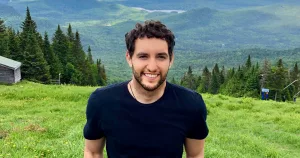
Juan Camilo Serpa: “We are building the LinkedIn of sustainability”
The Sustainaibility Academic Network, SusAN in short, has been launched in March 2025, to create an online discussion and collaboration
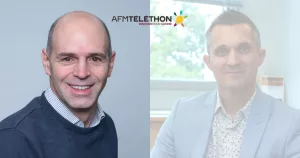
François Lamy: “AFM-Téléthon approach to rare diseases treatment is unique”
The AFM-Téléthon association in France funds its own research labs and its own program to find treatment for genetic rare
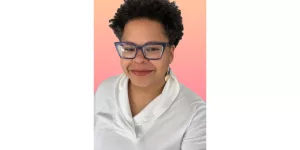
Leslie King: “EHC is an opportunity to learn, share, and expand influence across borders”
Leslie King works with communities across the United States, tackling environmental and social issues through innovative, participatory approaches Leslie King
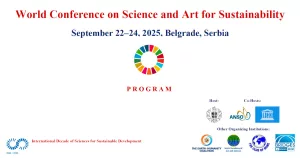
World Conference on Science and Art for Sustainability
WAAS aims to develop novel ways of communication and cooperation between scientists, artists, policy-makers and all other science and art